The whole world knows the city of Honolulu, but not many people know what it means. No one knows for certain - because even the Hawaiian people aren’t completely positive. They’re fairly certain that it comes from two words “Hono” and “Lulu” but the uncertainty comes with the meaning of those two words and the translation when you put them together - because from a pure linguistic point of view - it can be several things.
Old timers are likely to tell you that it means ‘sheltered hollow’ and refers to the rich district of farmland that existed between the mountains and the sea in what is now downtown Honolulu and Kakaako, but later sailers decided it meant “Fair Haven” and referred to the Harbor itself. Now, the truth is that the two words can mean both of those things but most likely they refer to Hono meaning Abundance and Lulu meaning Peace - so Abundance of Peace - which is what old Honolulu had before Western sailors began coming to Hawaii.
Prior to Western Contact, Honolulu was a forgotten piece of country land. In these days, all the hustle and hubub of warriors and kingdoms took place in what is now Ewa and Kapolei. It was Western sailors who needed that big harbor for their big ships - the Hawaiians were fine landing their watercraft in all kinds of places. In addition, the ancient Hawaiians had the advantage of pulling their canoes (Wa'a in the Hawaiian Language) out of the water if the weather was rough.
Another version of the origin of the name Honolulu says that it was named after a chief who resided there at the time of contact - his name was Honolulu. It was described at that time as ‘a fat land with flowing streams and springs of water, and taro patches'.
We also know that Honolulu was known as Kou until the time of Kamehameha I (right around the time of contact with the West). Our friends at the Bishop Museum say that all the stories have some merit - but nobody is willing to commit to just one of them.
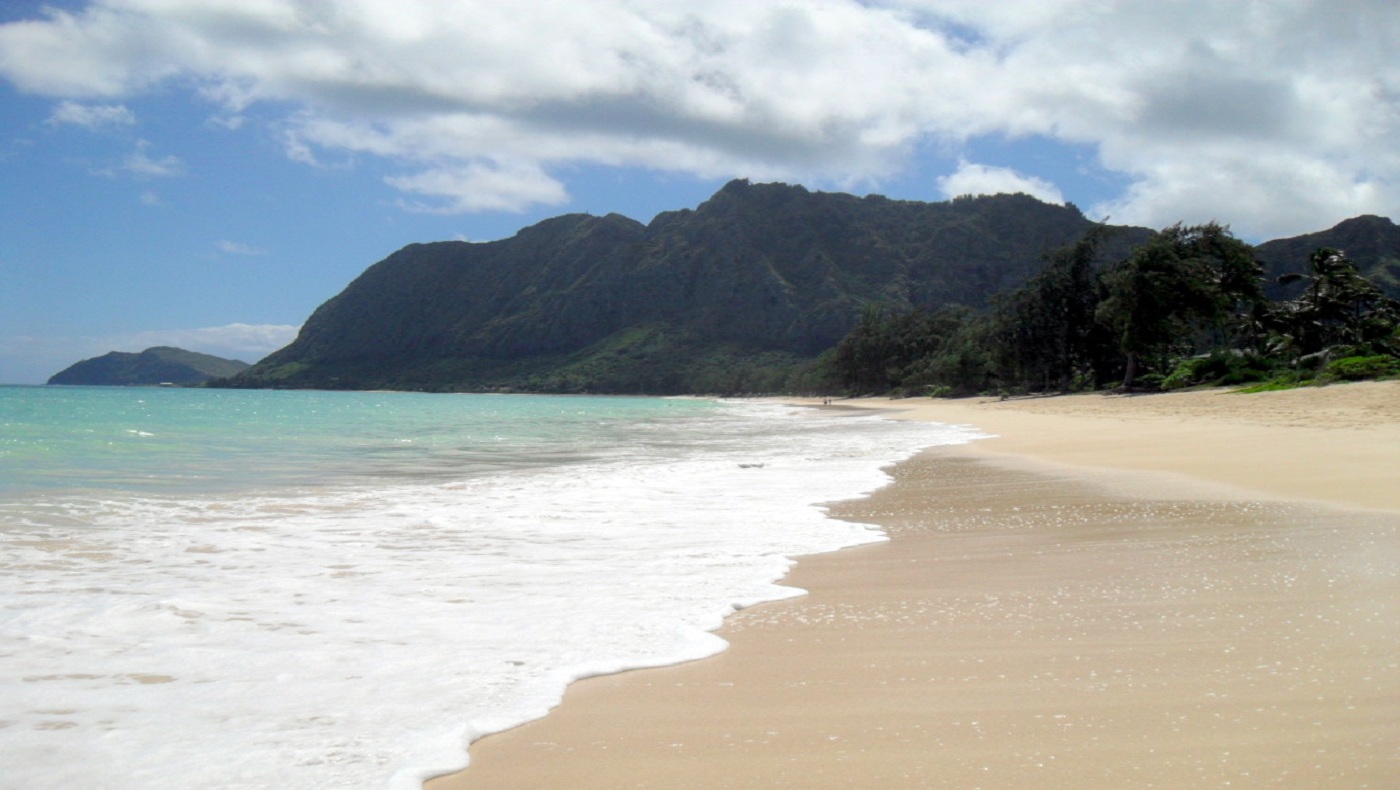




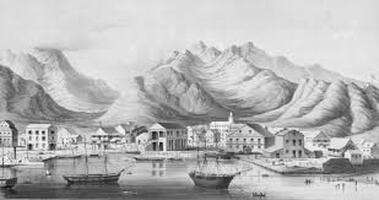
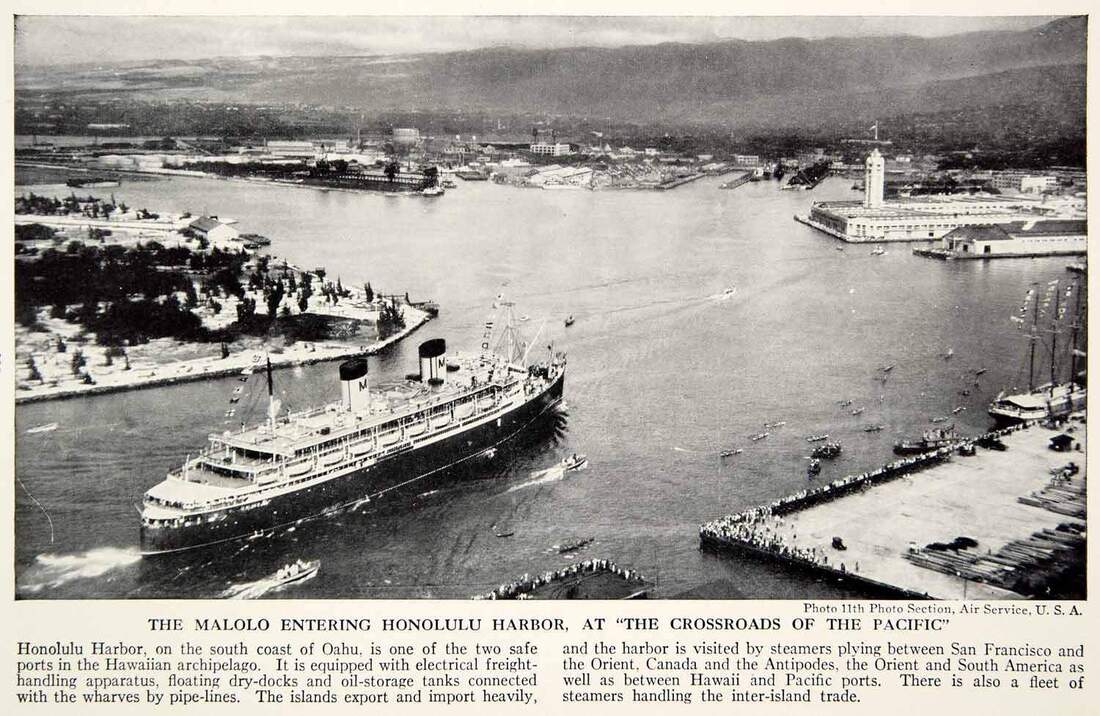

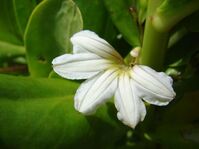
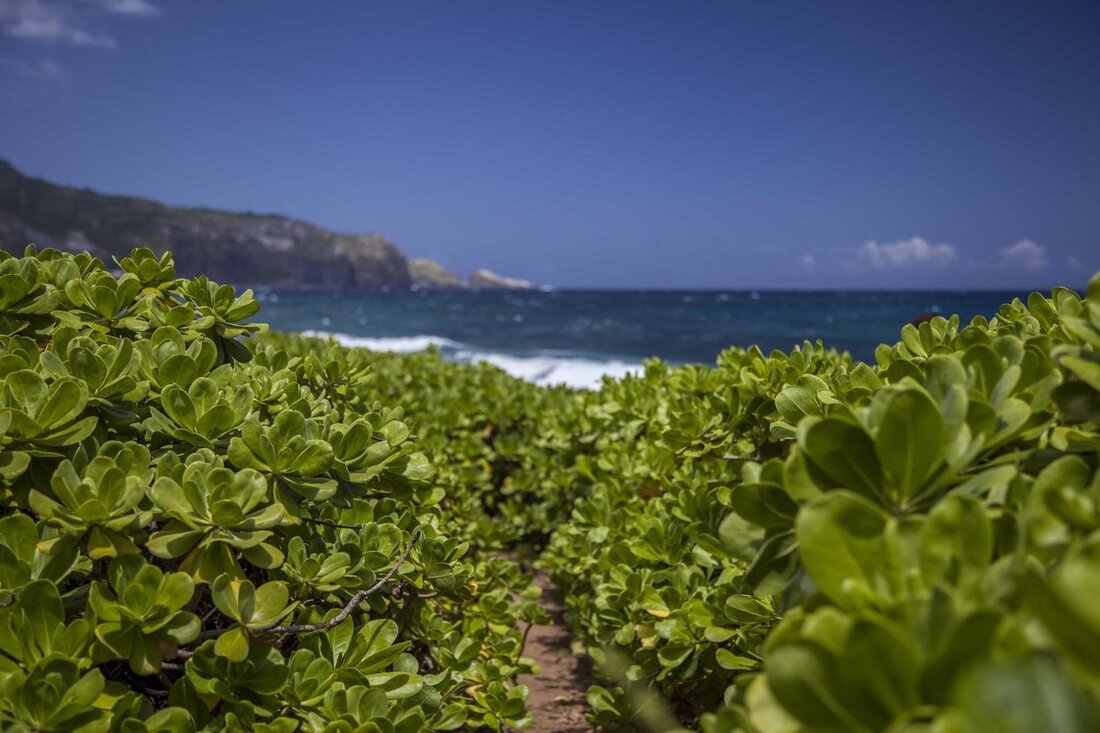
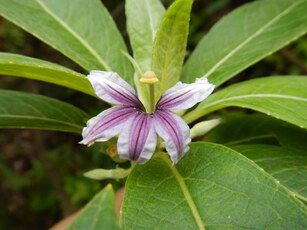
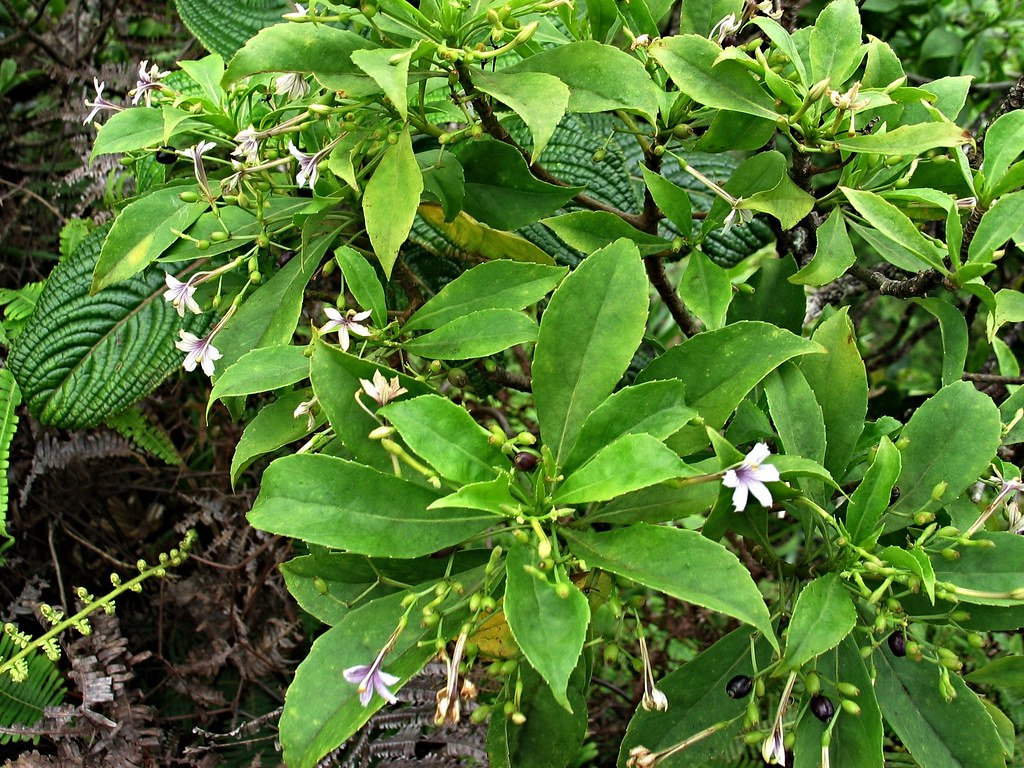
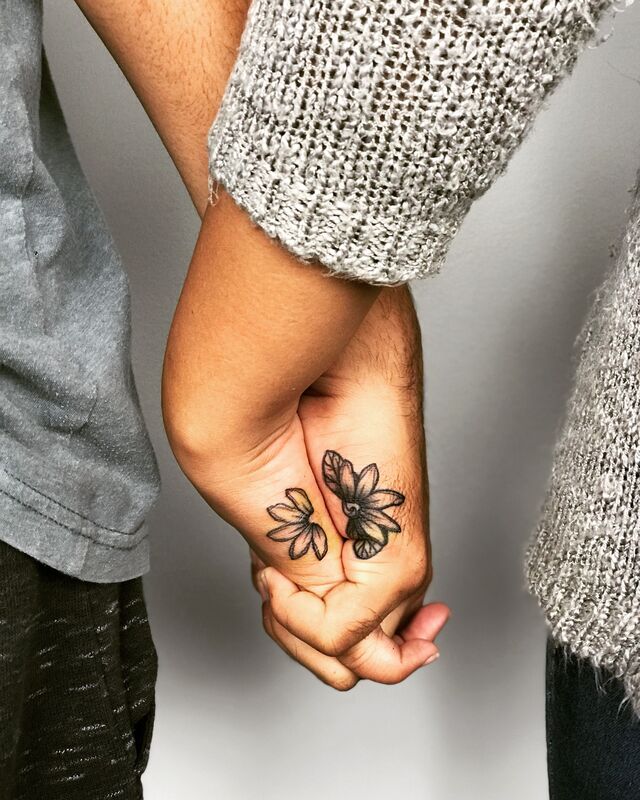
 RSS Feed
RSS Feed